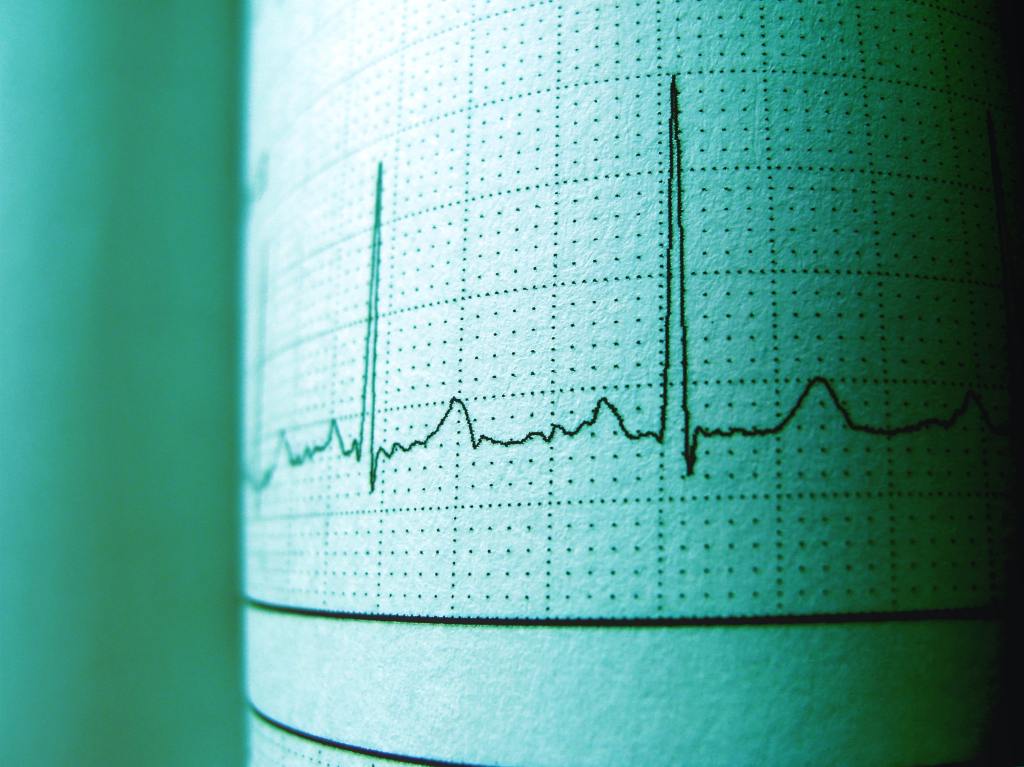Tag: diagnosis
-
Dealing with Imbalanced Data in HealthTech ML/AI – 1. Stroke Prediction

This post discusses the prediction of stroke using machine learning (ML) models, focusing on the use of early warning systems and data balancing techniques to manage the highly imbalanced stroke data. It includes a detailed exploration of the torch artificial neural network training and performance evaluation, as well as the implementation and evaluation of various…
-
Using AI/ANN AUC>90% for Early Diagnosis of Cardiovascular Disease (CVD)

The project utilizes AI-driven cardiovascular medicine with a focus on early diagnosis of heart disease using Artificial Neural Networks (ANN). Aiming to improve early detection of heart issues, the project processed a dataset of 303 patients using Python libraries and conducted extensive exploratory data analysis. A Sequential ANN model was subsequently built, revealing excellent performance…
-
The Power of AIHealth: Comparison of 12 ML Breast Cancer Classification Models

AI Health is leveraging Machine Learning (ML) and Artificial Intelligence (AI) for early diagnosis and prediction of breast cancer (BC), utilizing different ML techniques for binary classification of the disease. A comparative analysis demonstrated that Linear Regression was the most effective classifier based on various performance metrics. This research aims to integrate ML in public…
-
DL-Assisted ECG/EKG Anomaly Detection using LSTM Autoencoder

This project implements an ECG anomaly detection framework using an LSTM Autoencoder to accurately identify abnormal ECG events. It trains the autoencoder on normal rhythms, using reconstruction errors to identify anomalies. The proposed method aims to improve abnormal ECG detection, as demonstrated by test results on the ECG5000 dataset, providing valuable information for patient health…
-
ML/AI Breast Cancer Diagnosis with 98% Confidence

We demonstrate the importance of hyperparameter optimization (HPO) for enhancing ML prediction accuracy. Specifically, we will focus on the Random Forest Classifier (RFC) as an ensemble of decision trees. RFC is a supervised ML algorithm that has been applied successfully to the BC binary classification.
-
Breast Cancer ML Classification – Logistic Regression vs Gradient Boosting with Hyperparameter Optimization (HPO)

Breast Cancer (BC) is the leading cause of death among women worldwide. The present study optimizes the use of supervised Machine Learning (ML) algorithms for detecting, analyzing, and classifying BC. We compare Logistic Regression (LR) against Gradient Boosting (GB) Classifier within the Hyperparameter Optimization (HPO) loop given by GridSearchCV. We use the publicly available BC dataset…
-
A Comparison of ML/AI Diabetes-2 Binary Classification Algorithms

The post discusses the increasing urgency to diagnose and treat Type-2 Diabetes (T2D), particularly in developing nations. It delves into the use of data-driven techniques, including ML/AI, in processing T2D data. Different ML/AI methods including DNN, SVM, and DT are applied to the Kaggle PIMA Indian Diabetes (PID) dataset, and performance is assessed using Python…
-
HealthTech ML/AI Q3 ’22 Round-Up

Featured Photo by Andy Kelly on Unsplash This blog presents a Q3 ’22 summary of current healthtech ML/AI innovation methods, trends and challenges. Virtual reality, artificial intelligence, augmented reality, and machine learning are all healthcare technology trends that are going to play a vital role across the entire healthcare system. Let’s take a look at…
-
AI-Driven Skin Cancer Diagnosis

Using TensorFlow library in Python, we can implement an image recognition skin cancer classifier that tries to distinguish between benign (nevus and seborrheic keratosis) and malignant (melanoma) skin diseases from only photographic 2D RGB images
-
The Application of ML/AI in Diabetes
The study uses machine learning (ML) to predict diabetes in patients. Classifying diabetics is complex, but ML can offer quick and accurate predictions. The study focuses on type 2 diabetes and uses the Pima Indians database for diagnostic measurements. Models were trained with Python and the Anaconda library. Feature engineering and exploratory data analysis revealed…
-
Supervised ML/AI Breast Cancer Diagnostics (BCD) – The Power of HealthTech
Pilots Related to HealthTech Infographic These plots illustrate the most basic application of ML/AI in BCD as the binary classification problem. Classification usually refers to any kind of problem where a specific type of class label is the result to be predicted from the given input field of data. This is a task which assigns a label value…